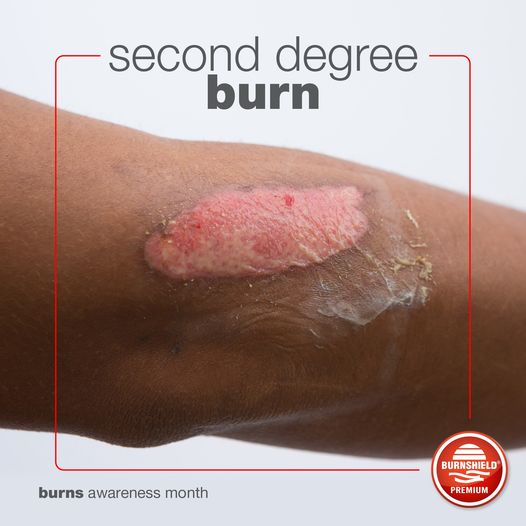
Treatment for a second-degree burn is based mainly on the severity of symptoms experienced.Īlthough some second-degree burns can be treated at home, most require a visit to a medical professional for further evaluation and comprehensive treatment. In some instances, deep second-degree burns may cause scarring.
#TREATING A 3RD DEGREE BURN YOU SHOULD SKIN#

Deep redness on the affected area and adjacent skin.

What are the signs and symptoms of a second-degree burn?Īlthough wet, shiny, and blistered skin is the most common indicator of a second-degree burn, there are other symptoms to be on the lookout for. Blisters are also common signs of this type of burn. It is most notably characterized by a moist or wet look on the surface of the affected area. It is often referred to as a partial thickness burn. What is a second-degree burn?Ī second-degree burn affects the epidermis and dermis, the top two layers of your skin. Second-degree burns are the most common type of burn each year and may require medical treatment based on the symptoms you experience and the size of the affected area. Other burns occur due to exposure to various heat sources like scalding water, hot grease from a pan, steam, and, in some cases, even too much direct exposure to the sun, especially in the warmer months. The most common cause of burns is direct contact with a fire or flame. Although the level, or degree, of a burn can range from person to person based on how the burn occurred, there are various symptoms to be mindful of after getting burned.

According to the American Burn Association (ABA), nearly 450,000 people a year experience burns that require medical treatment.


 0 kommentar(er)
0 kommentar(er)
